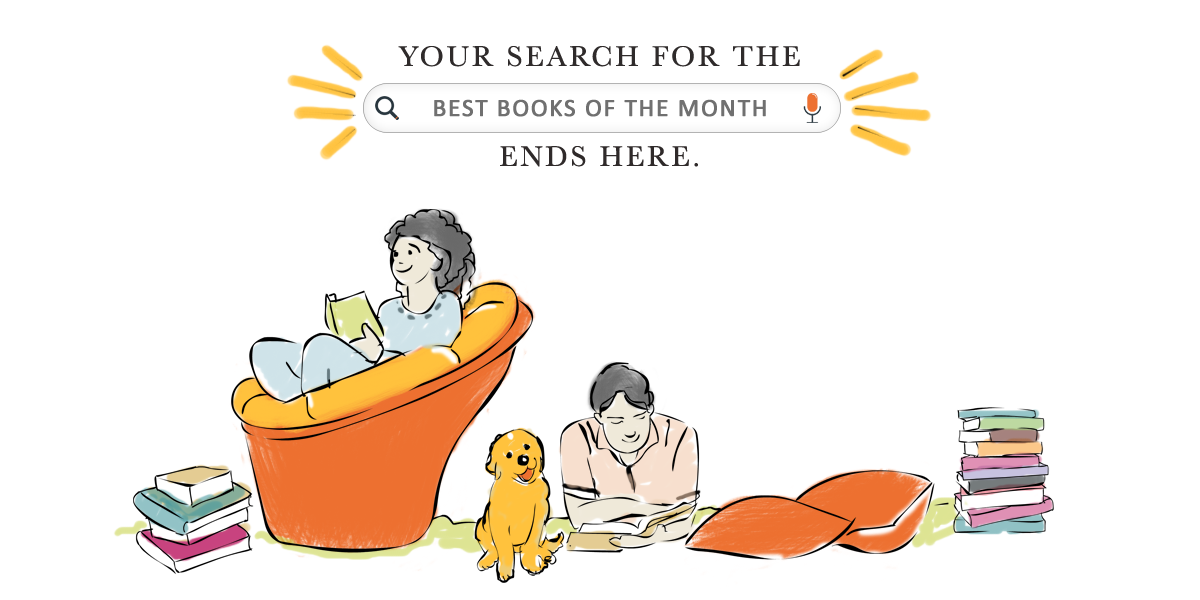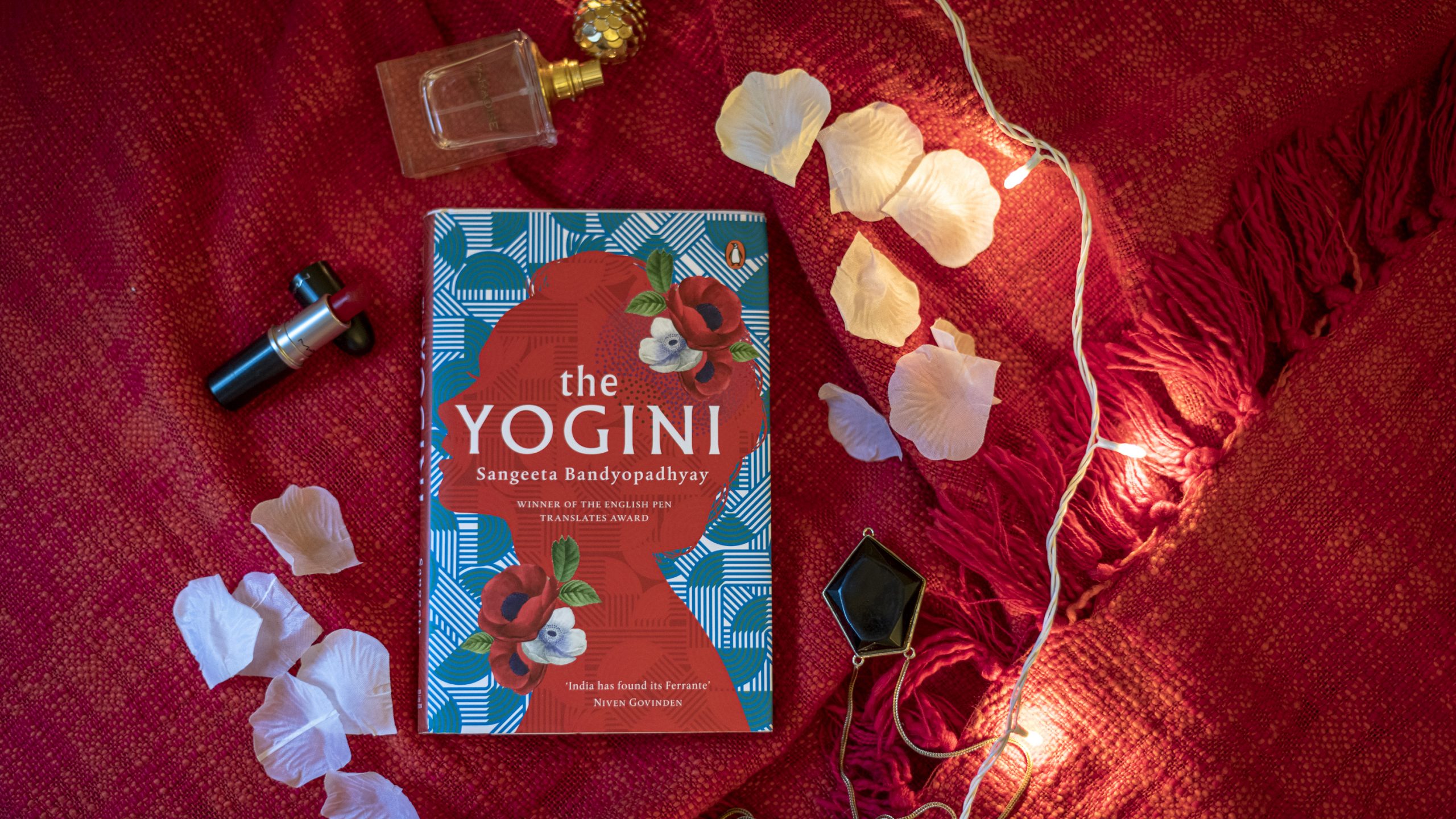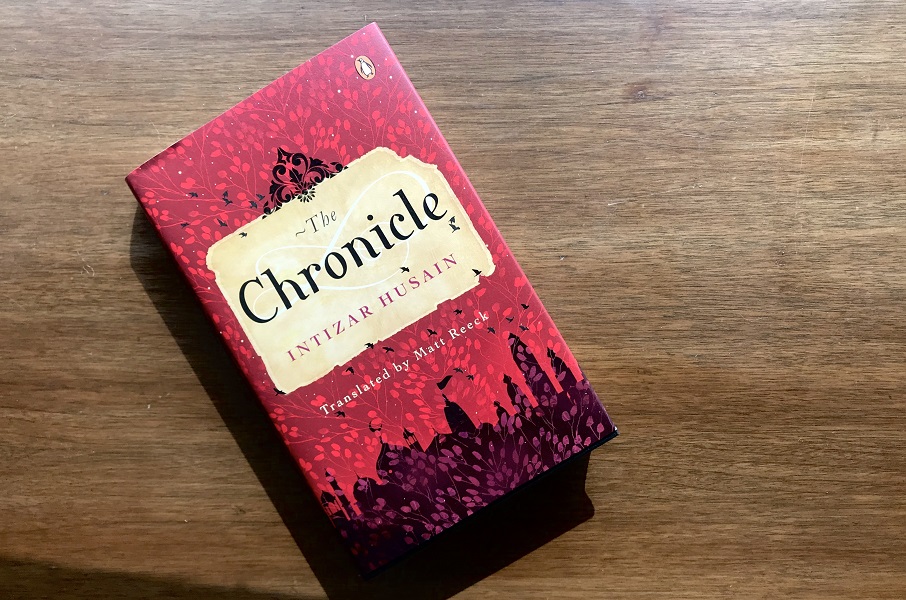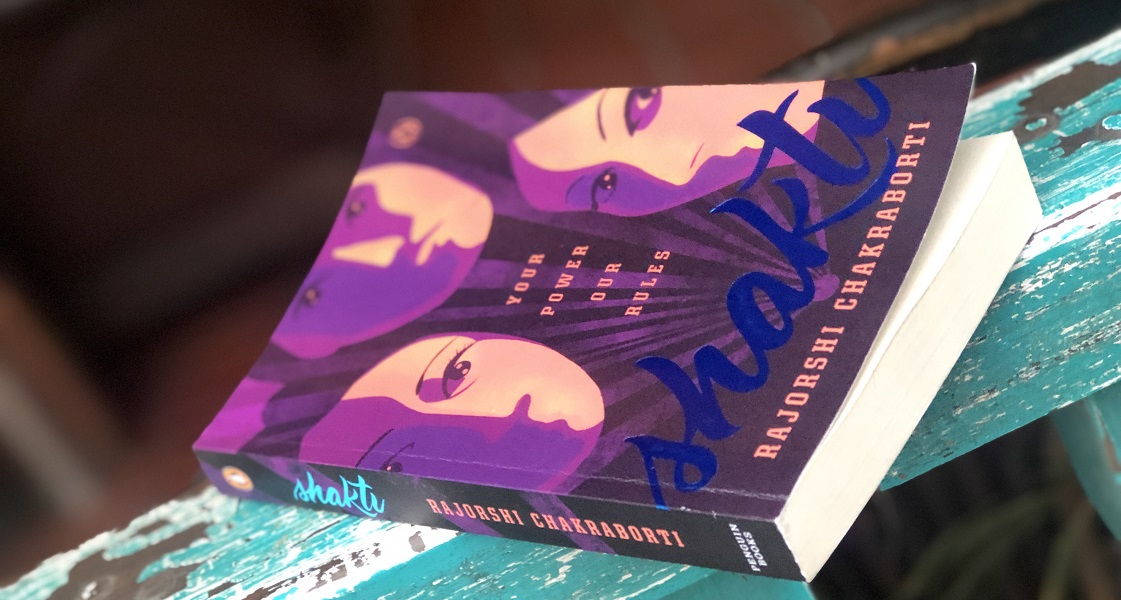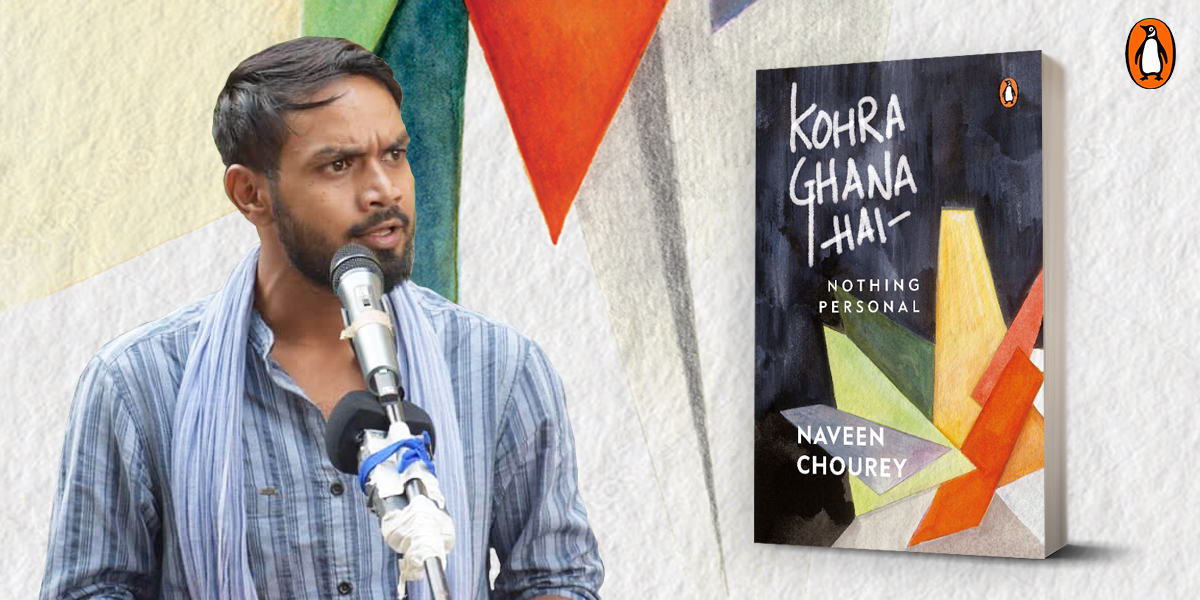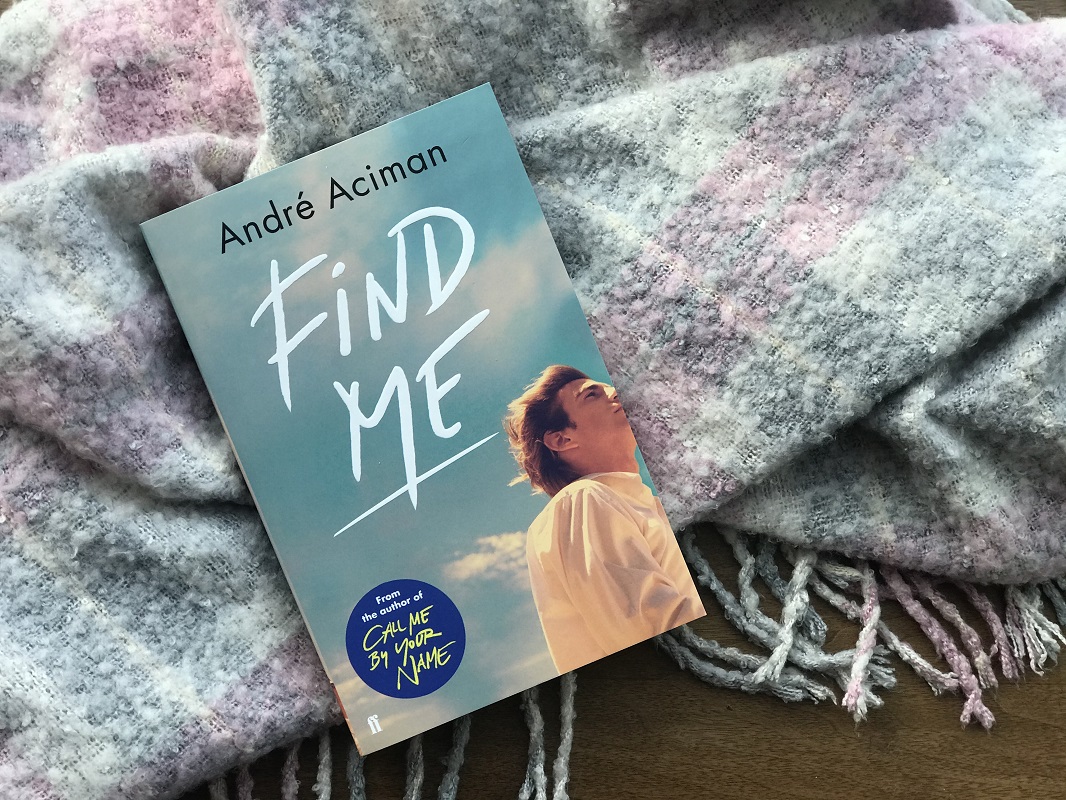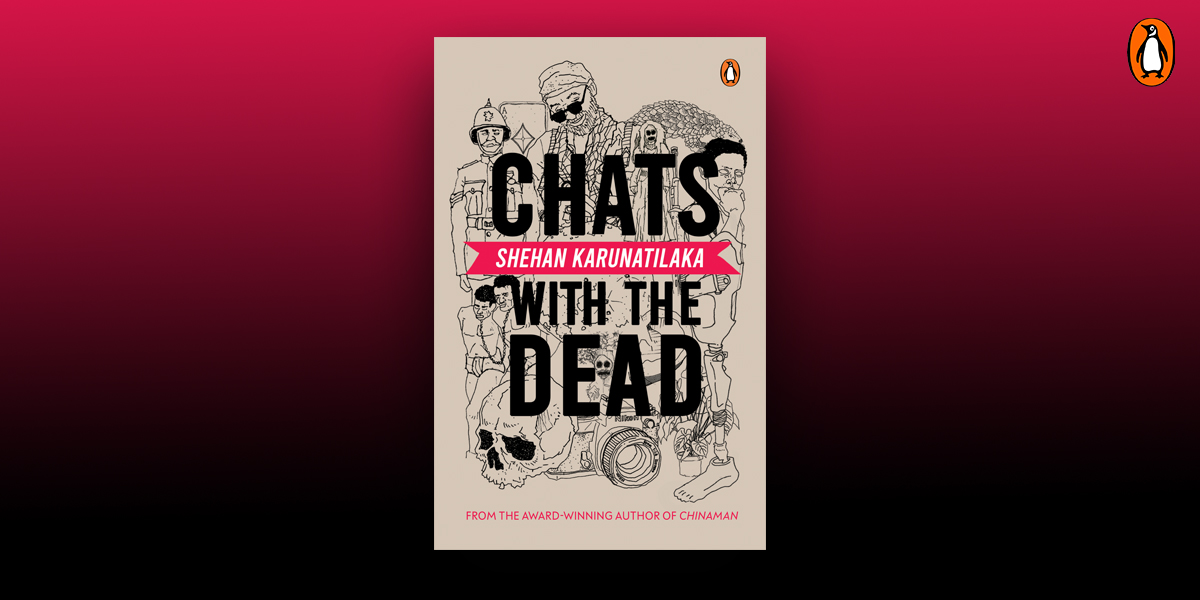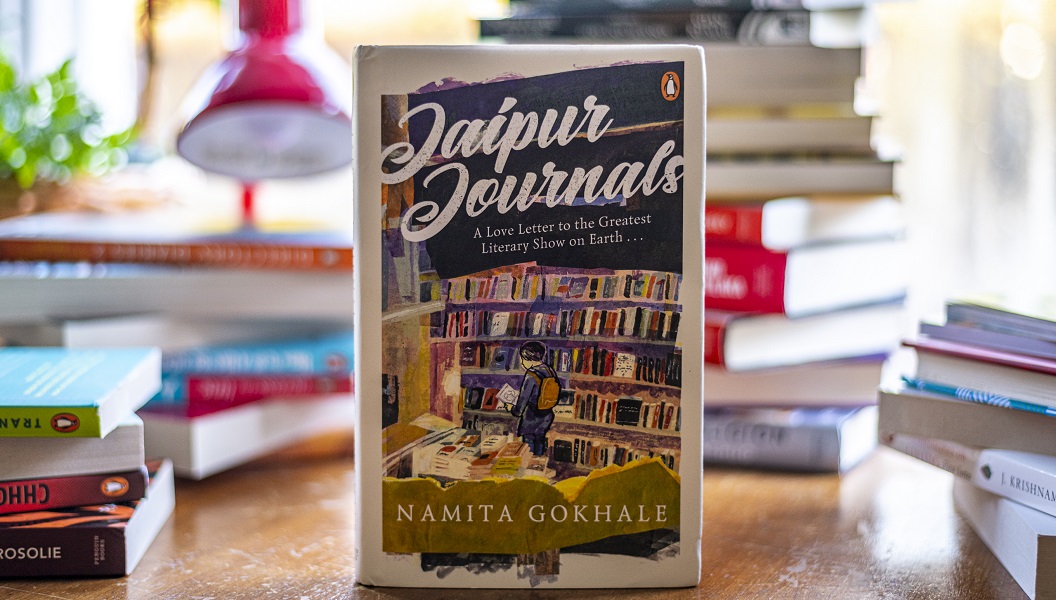Whether it’s fiction, non-fiction or a picture book on the theme of depression. We have an exciting range of books for you this February. You’ll run out of days before you run out of books to read this month!
Here’s the list of books you should look out for:
Djinn Patrol on the Purple Line

Nine-year-old Jai drools outside sweet shops, watches too many reality police shows and considers himself to be smarter than his friends Pari and Faiz. When a classmate goes missing, Jai decides to use the crime-solving skills he has picked up from TV to find him.
But what begins as a game turns sinister as other children start disappearing from their neighbourhood. Jai, Pari and Faiz have to confront terrified parents, an indifferent police force and rumours of soul-snatching djinns. As the disappearances edge ever closer to home, the lives of Jai and his friends will never be the same again.
Undertow

The tale of the troubled relationships of a family and what it might take to put the pieces back together.
Years ago, Torun Goswami and his charismatic, formidable wife cast their Rukmini away from their home and their lives for marrying out of her community.
Now, Rukmini’s daughter, Loya, twenty-five, solitary and sincere, arrives at Torun’s old yellow house. Will she be able to change her nonexistent relationship with her grandfather and in the process figure out who she is?
Soar

A laugh-out loud book by the author of Sitayana and Godsong.
Bholanath and Khudabaksh are two soldiers in the British Indian Army, sent off to Europe to fight in World War I.
When a mission in a surveillance balloon goes awry, these two gentle soldiers-along with an exceptionally ill-tempered squirrel-are set adrift high above the Western Front. Follow their grand tragicomic adventure!
The World Between Us

The bestselling queen of romance is back!
When Amal finds out that her disastrous Tinder match is now going to be her boss, she can’t be more annoyed. Qais Ahmed is everything she never wants to be: narcissistic, manipulative and arrogant.
However, despite her relentless efforts, she is unable to resist his charm. Will a disturbing secret tear them apart or bind them together forever?
Calligraphies of Love

Inspired by timeless poems from around the world, Hassan Massoudy’s calligraphy takes us on a visual journey through love in its many forms.
Through his signature broad strokes and vibrant colours, this master calligrapher brings to life the words and wisdom of some of our greatest poets, from Ibn Zaydoun and Rumi to John Keats.
With Love: A Collection of Letters

Dear Reader,
Letters change people.
They turn forty-year-old men into helpless fathers.
Scared mothers into fierce fighters.
Long-lost pets into possessive exes.
And old lovers into best friends.
They make you spell help.
Give someone a second first chance.
Make you leave behind a home.
And find another in someone.
Sometimes, they’re warnings.
Sometimes, confessions.
And sometimes, a story left untold.
Letters change people, they say.
Let’s hope these change you too.
With love,
Us
Terribly Tiny Tales and Penguin come together on the same page with this book!
The Girl Who Disappeared

The bestselling author of The Girl Who Knew Too Much is back!
At the onset of her getaway to the hills of Himachal Pradesh, Nisha knew something terrible was going to happen. Less than seventy-two hours later, she goes missing under mysterious circumstances.
With barely any leads, the police know they have to work doubly hard if they want to find her, but with each passing day, the mystery around her disappearance gets murkier.
Where is Nisha?
Inside A Dark Box

A pertinent picture book on depression.
When you get trapped in darkness, finding your way out can be a long and lonely battle, especially when the war is within your own mind. Here’s a peep inside a mind struggling with itself.
Fearless

One girl can change everything.
Through the ages, strong, inspirational women and girls have risen in response to uncertainty and injustice. A timeless call to arms that many like Fatima Jinnah, Asma Jehangir and Malala Yousafzai have always been answering.
Fearless chronicles the lives of fifty such incredible women-scientists, lawyers, politicians, activists and artists-who incite hope, inspire action and initiate dialogue.
Not All Those Who Wander

Quirky and heartfelt, this is a story of millennial friendship that is #litAF.
Seventeen-year-old Gehna Rai has normal friends and belongs to a normally dysfunctional family. Everything about Gehna is normal-except she just found out that she’s going to be a mom.
Eram, a nerdy high-school dropout, dreams of becoming a poker pro while trying to keep his dad, who has Parkinson’s disease, from going completely mental. He has little time for much else-until a chance meeting with a girl blows his life to pieces.
The Crown of Seven Stars

Aum is under attack. The enemies are not external; rather, they are within the kingdom, each obsessed with the Crown of Seven Stars. Early one morning, Destiny rolls her dice. General Saahas, heir to the throne, becomes a hunted man and Aum plunges into chaos, submitting meekly to the tyranny of the self-appointed Raja Shunen and the wily Queen Manmaani.
Rolling the dice once more, Destiny prepares to bend Saahas to her will. She, not Saahas, must decide the winner of the Crown of Seven Stars.
The Other Side of the Divide

A fresh perspective on Pakistan, how Indians view Pakistan and how Pakistanis view India and Indians.
Pegged on journalist Sameer Arshad Khatlani’s visit to Pakistan, this book provides insights into the country beyond what we already know about it. The Other Side of The Divide attempts to present a contemporary portrait of Pakistan as a complicated and conflicted country suspended between tradition and modernity.
Chanakya Niti

Chanakya’s numerous sayings on life and living — popularized in the wake of his successful strategy to put Chandragupta Maurya on the throne, if legend is to be believed — have been compiled in numerous collections and anthologies over time. This entire corpus was referred to as Chanakya Niti.
A.N.D. Haksar’s wonderful translation places this work into context, showing how these verses have endured in the popular imagination for so long.
Endless Song

The Tiruvaymoli is a grand 1102-verse poem, composed in the ninth century by Sathakopan-Nammalvar, the greatest of the alvar poets. Ingeniously weaving a garland of words-where each beginning is also an ending-the poet traces his cyclical quest for union with the supreme lord, Visnu.
In this magnificent translation, Archana Venkatesan transports the flavour and cadences of Tamil into English, capturing the different voices and range of emotions through which the poet expresses his enduring desire for release.
Nava-e-Sarosh

Delhi established a legacy of poets whose words set hearts ablaze for the times to come. Love, with all its wine-infused passions and experiences of yearning, has preoccupied classic poets of the city.
As a patron of Urdu poetry and a resident of Delhi, Sanjiv Saraf’s personal investment in preserving and furthering the arts in the Urdu world led to the creation of this book.
Desire, longing and the complexities of love are therefore open to exploration for you, dear reader and lover, through the words laid out in these ghazals by the ‘voices from beyond’.
An Officer and His Holiness

In 1959, the Dalai Lama escaped from Tibet into India, where he was granted refuge. Few know about the carefully calibrated operation to escort him safely from the Indian border. An Officer and His Holiness narrates how political officer Har Mander Singh successfully managed this assignment in the North East Frontier Agency (NEFA) with limited resources, and despite a treacherous terrain and external threats.
The Story of Yoga

How did an ancient Indian spiritual discipline turn into a GBP 20 billion-a-year mainstay of the global wellness industry?
This comprehensive history sets yoga in its global cultural context for the first time. From arcane religious rituals and medieval body-magic, through muscular Christianity and the British Raj, to the Indian nationalist movement and the arrival of yoga in the twentieth-century West.







